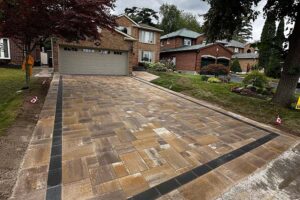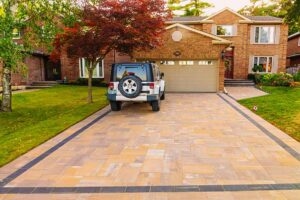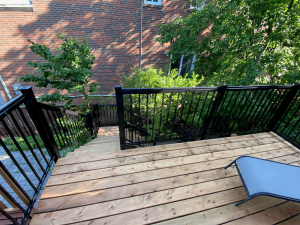A pool deck serves as an essential component of any outdoor pool area, offering both functionality and aesthetic appeal. With various materials available, It is critical to understand the distinctions between them in order to select the best solution for your needs. In this guide, we’ll explore some popular pool deck types, their purposes, and their slip-resistance properties.
What is the Purpose of a Pool Deck?
A pool deck plays several essential roles, including:
- Safety: Providing a slip-resistant surface for swimmers to walk on, reducing the risk of accidents.
- Aesthetics: Enhancing the overall appearance of the pool area by seamlessly blending with the surrounding landscape.
- Functionality: Offering space for poolside furniture, relaxation, and socializing.
- Maintenance: Allowing easy access to the pool for cleaning and maintenance tasks.
What are the Popular Types of Pool Decks?
Concrete Pool Decks
Concrete is a versatile and affordable option for pool decks. It can be stained, stamped, or textured to mimic various materials such as stone, tile, or wood. Concrete decks are durable and relatively low-maintenance, but they may become slippery when wet if not appropriately textured.
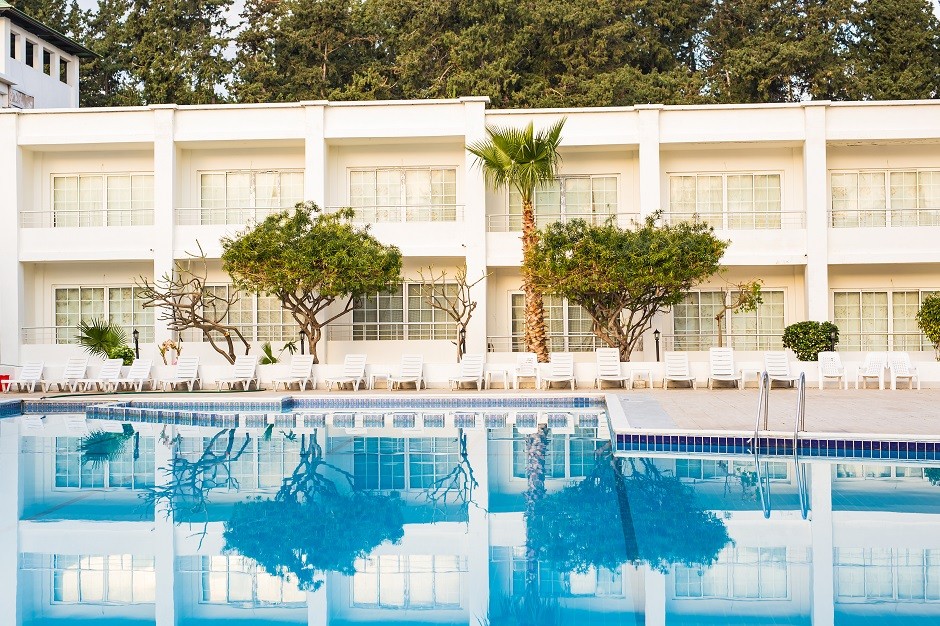
Pavers
Many materials, such as concrete, brick, and natural stone, are used to make pavers. They offer a visually appealing and slip-resistant surface, as well as easy installation and repair. However, to keep weeds and moss from developing in between the pavers, they could need frequent upkeep.
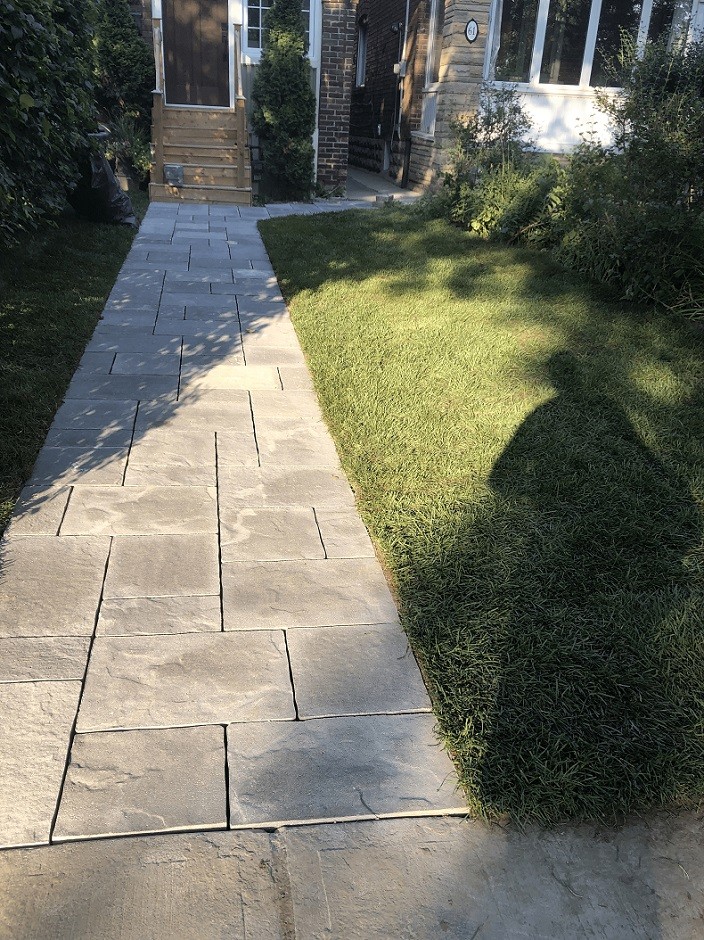
Wood and Composite Decks
Wooden decks provide a warm, natural look, and can be built from various wood types, such as cedar, redwood, or tropical hardwoods. Composite decking, made from a blend of wood fibers and plastic, offers a low-maintenance alternative to traditional wood. Both options can become slippery when wet, so selecting a slip-resistant finish is essential.
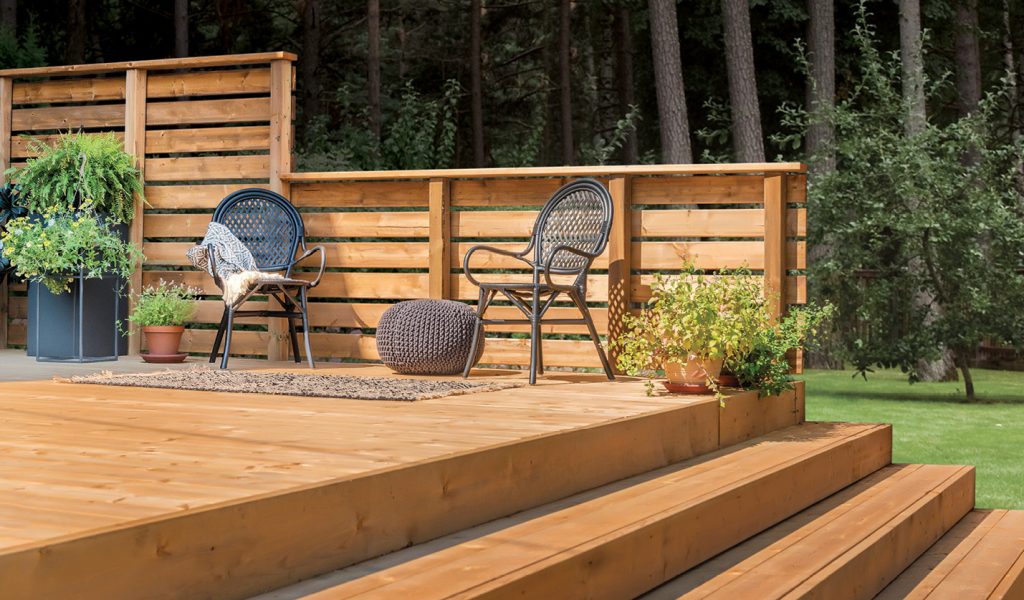
Tile Decks
Tile decks, typically made from ceramic, porcelain, or stone tiles, provide an elegant, high-end look. While tiles can be slippery when wet, choosing slip-resistant options with textured surfaces can help mitigate this issue.
What is the Best Flooring for a Pool Area?
The ideal flooring for a pool area depends on factors such as budget, aesthetics, and maintenance requirements. Concrete, pavers, wood, and tile all offer suitable options, but it’s crucial to choose materials with slip-resistant properties to ensure safety around the pool.
Is Pool Decking Slippery?
The slipperiness of pool decking depends on the material and its finish. Some materials, like textured concrete or slip-resistant tiles, inherently provide better traction, while others, such as wood and composite decking, require specific finishes to enhance slip-resistance. Always prioritize safety when selecting pool decking materials to minimize the risk of accidents.
In conclusion, pool decks serve a vital purpose in enhancing safety, aesthetics, and functionality around the pool. By understanding the different types of pool decks, their slip-resistant properties, and the best flooring options for your needs, you can create an outdoor oasis that’s both beautiful and safe.
